A journalist’s first published story may not be perfect, but it leaves a special mark
When that first story finally comes together, it’s not the masterpiece you imagined. You wince at the phrasing, obsess over the structure, and brace yourself for feedback. Then you see your name in print and realize that your voice can reach an audience. It ignites a hunger to tell more stories, refine your craft, and chase the next byline, because now you understand the power of being heard.
The story behind the first byline doesn’t begin with glory or glamour, but with sweaty palms gripping a notebook, an awkwardly stammered question, or a bout of imposter syndrome. Gail Pope, a Carleton University journalism graduate, was in full panic mode when she pursued her first-ever byline in the unlikeliest of places: a small, century-old chocolate shop in Ottawa, Ontario. The story she stumbled upon was remarkable—a family-run business that survived two world wars, was uprooted by conflict, and managed to reestablish itself in Canada.
It was a story full of rich history and resilience, yet Pope’s inexperience left her wondering whether she could do it justice. “I didn’t prepare questions, I didn’t have a recorder, I didn’t know anything about journalism,” she says. Fresh out of her first year in journalism school and new to the city, she scrambled to meet deadlines.
Sheima Benembarek, a journalist whose first story was published by the Torontoist (which closed its doors in January 2009), experienced a similar mix of excitement and self-doubt. “It was the first time I really tried to do a cultural insight within a book review,” she says. Writing about Natasha and Other Stories, a collection by Canadian author David Bezmozgis, she explored the struggles of a Jewish-Latvian immigrant family. Even with her background as an Arab Muslim from Morocco, the story resonated with her deeply. “Despite surface-level differences with me and those characters, we had the same universal experience of being immigrants in Canada,” she says. “It was the first time I read something that made me feel like I belonged.”
Benembarek recalls being “excited” when she first saw her name “out there for other people to read” her words and react to it. Pope remembers a similar feeling. “I was only a third-year intern, and they put a lot of trust in me. I finally got my writing out there, but also just the fact that they were willing to give me a chance and give me space to put a story out…it was a really amazing opportunity.”
Most journalists cringe when they look back at their first stories. But what matters is the act of being heard. The act of claiming space in a world that is often too loud to listen. That first headline is a fragile, hopeful declaration: I have something to say, and it matters. And that’s the beauty of it.
About the author
Maya is in her fourth year of TMU’s Bachelor of Journalism program, pursuing a double minor in English and history in preparation for teachers college. Maya has published work with the Unaffiliated Press, where she discovered a passion for the editorial side of journalism. As an aspiring English teacher and self-proclaimed grammar nerd, Maya is excited to take on the challenges of Copy Edit Chief. In the rare moments when you find Maya without her eyes glued to a page, you can often find her scribbling down ideas for a book, guzzling espresso, or coaching youth soccer.

